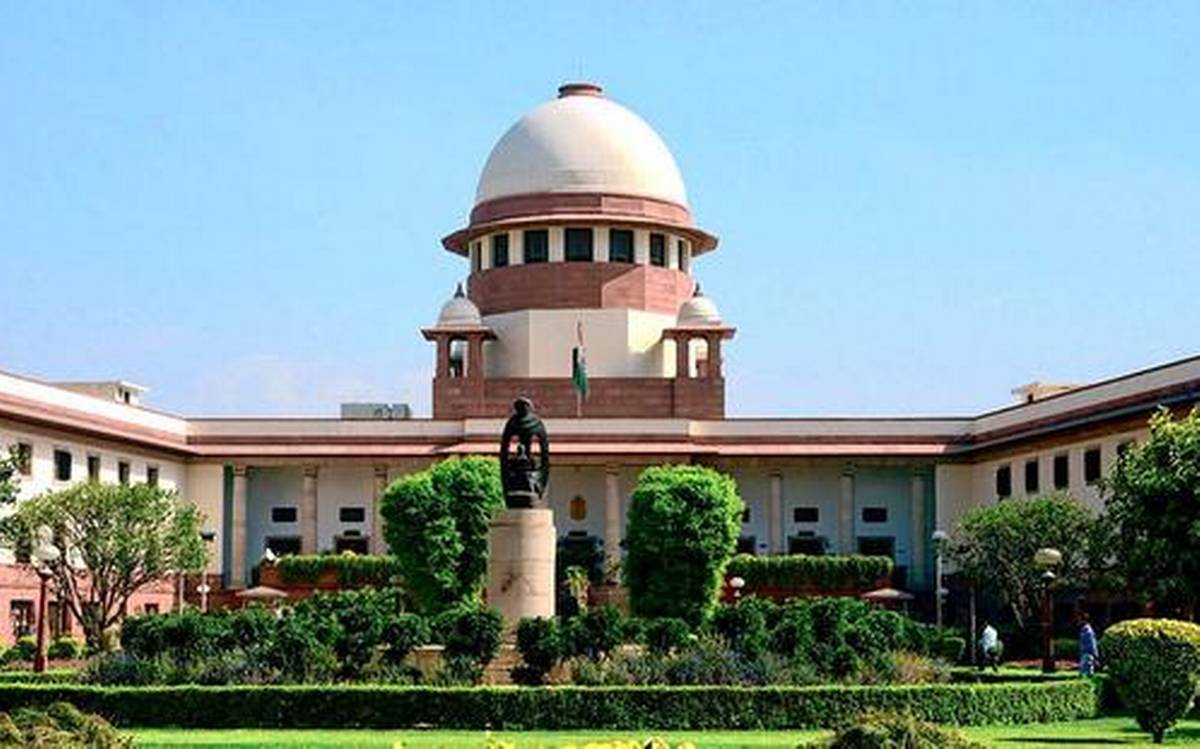Synopsis: The CCI was approached by Agrawal, an advocate, arguing that Ola and Uber were engaged in anti-competitive practises. He had requested an inquiry against the two companies under Section 26(2) of the Competition Act.
On Tuesday, the Supreme Court refused to interfere with the orders of the Competition Commission of India (CCI) and the National Company Law Tribunal (NCLAT) which held that cartelisation or anti-competitive practises leading to inflated riders’ charges were not facilitated by Ola and Uber.
The Bench of Justices Rohinton Fali Nariman, Krishna Murari and KM Joseph, however, set aside the NCLAT’s finding that the petitioner Samir Agrawal was not an informant to transfer the CCI on the issue of the locus of the petitioner.
The CCI was approached by Agrawal, an advocate, arguing that Ola and Uber were engaged in anti-competitive practises. He had requested an inquiry against the two companies under Section 26(2) of the Competition Act.
In a nutshell, because of algorithmic pricing, it was alleged that neither riders are able to negotiate fares for rides booked through the apps with individual drivers, nor are the drivers able to offer any discounts.
It was submitted that in accordance with the terms and conditions agreed with their respective drivers between Ola and Uber, despite the fact that the drivers are independent entities that are not Ola or Uber employees or agents, the driver is obliged to accept the fare reflected in the app at the end of the ride, without having any discretion as far as it is concerned.

Furthermore, it was argued that because Ola and Uber have greater bargaining power than riders in price determination, they are in a position to impose price discrimination, whereby riders are charged on the basis of their willingness to pay and artificially inflated fares have to be paid as a result.
Thus, the pricing algorithm was submitted to take away the right of riders and drivers to choose the best price based on competition.
In its order passed in November 2018, the CCI concluded that any evidence on record was misplaced and unsupported by the allegation of price discrimination.
Before the NCLAT, the CCI order was challenged and by an order passed in May 2020, the NCLAT also refused to grant relief. After that before the Supreme Court, an appeal was preferred.
Agrawal, who argued in person, said that the pricing algorithm eliminates the freedom of riders and drivers to choose the best price on the basis of competition, because the price set by the pricing algorithm has to be agreed by both.
Senior Advocate Abhishek Manu Sighvi, appearing for Uber, claimed that there was no resort to anti-competitive practises, as there are other similar applications for cab riding that offer competitive rates.
Appearing for Ola, Advocate Rajshekhar Rao supported Singhvi and stated that Agrawal was not an aggrieved party.
In stating that Section 19 of the Competition Act, 2002 was strictly construed by the NCLAT, the Bench ruled that CCI can obtain information from any person and not merely from a person who is aggrieved by the activity alleged to have occurred.
The Court further held that while the “CCI carries out inquisitorial functions, as opposed to adjudicatory functions, the doors of approaching the CCI and appellate authority, i.e., the NCLAT, must be kept open to the public in order to fulfil the high public purpose of the Act.”
As regards the merits of the case, however the Apex court upheld the findings of the CCI and the NCLAT, ruling that cartelization or anti-competitive activities between drivers are not facilitated by Ola and Uber.
Arjun Krishnan of Samvad Partners represented the CCI and briefed, Additional Solicitor General Balbir Singh, on behalf of the CCI.

